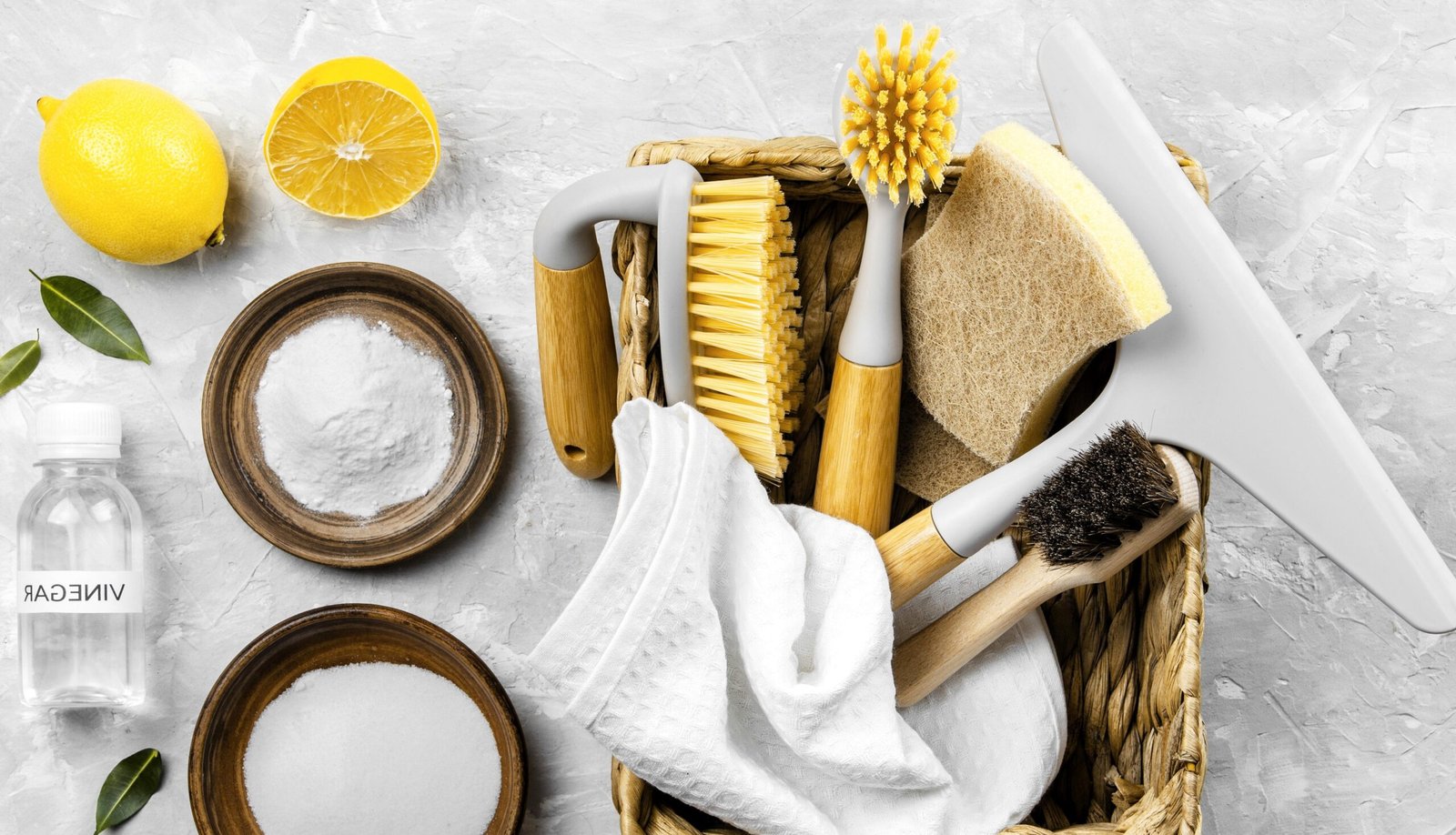Why Eco-Friendly Products Seem Expensive : A Comprehensive Look at Financial and Environmental Benefits

Eco-friendly products often carry a reputation for being more expensive, causing many to hesitate before making the switch. But what most people don’t realize is that these products are an investment, both for your wallet and for the environment. While the upfront costs may be higher in some cases, eco-friendly alternatives are built to last, promote better health, and offer significant financial benefits over time. In this article, we’ll explore why choosing sustainable products is a smart decision and how they save you money in the long run.
1. Longevity and Durability: Less Frequent Replacements
One of the major reasons eco-friendly products save money is their durability. Sustainable items such as reusable water bottles, durable clothing, and long-lasting kitchen tools are designed with quality in mind. While they may have a higher initial cost, you won't need to replace them nearly as often.
For example, a high-quality stainless steel water bottle may cost more than a plastic one, but it can last for years without degrading, whereas cheaper plastic bottles need to be replaced frequently. By spending a bit more upfront, you're saving money in the long run by reducing the need for multiple purchases.
2. Energy Efficiency: Reduced Utility Bills
Eco-friendly options often go hand in hand with energy efficiency. Products like LED light bulbs, energy-efficient appliances, and solar-powered devices use less energy and last longer than traditional alternatives. This translates into lower electricity bills and reduced long-term costs.
Consider LED light bulbs: while they may cost more initially, they use up to 75% less energy and can last 25 times longer than incandescent bulbs. Over time, the energy savings more than compensate for the higher upfront cost, making them a more affordable option overall.
3. Health Benefits: Fewer Medical Expenses
Sustainable products aren’t just better for the planet—they’re better for your health, too. Many conventional products, like household cleaners, personal care items, and non-organic foods, contain chemicals that can lead to health issues over time. Eco-friendly alternatives are typically made from natural, non-toxic ingredients, reducing your exposure to harmful substances.
By choosing organic foods, chemical-free household supplies, and natural skincare products, you’re not only reducing your impact on the environment, but also protecting your health. Fewer toxins mean fewer health problems, which leads to fewer doctor's visits, medications, and long-term health complications—saving you money on medical bills.
4. Reduction in Waste: Cut Down on Disposable Products
Disposable products may seem cheap, but the cost of buying them over and over again quickly adds up. Items like plastic bags, single-use straws, and paper towels are convenient but are designed to be thrown away after one use. Reusable alternatives, such as cloth bags, stainless steel straws, and washable kitchen towels, are far more economical in the long run.
For example, investing in a set of cloth napkins might seem expensive compared to paper towels, but because they can be washed and reused, you won’t need to continually purchase new ones. Over time, this saves money while reducing the waste that ends up in landfills.
5. Environmental Impact: Preventing Future Costs
Eco-friendly products reduce your carbon footprint, supporting a cleaner, healthier planet. Sustainable choices, such as energy-efficient appliances, organic farming practices, or biodegradable packaging, lessen pollution and reduce the depletion of natural resources. The environmental benefits also translate into financial savings.
Climate change, air and water pollution, and resource depletion have long-term costs for society—both in terms of disaster recovery and healthcare. By making sustainable choices now, you’re helping to reduce these costs for future generations. Moreover, living in a cleaner environment reduces the likelihood of health complications caused by pollution, indirectly saving you money by preventing illness and other problems related to environmental degradation.
6. A Lifestyle that Pays Off
While eco-friendly products might seem more expensive initially, the cost-benefit ratio is far more favorable in the long run. By investing in products that last longer, consume less energy, and promote better health, you’ll find that they save you money over time. Whether it's through lower energy bills, reduced medical expenses, or simply buying fewer replacements, the long-term financial benefits are undeniable.
Conclusion
In conclusion the perception that eco-friendly products are expensive comes from short-term thinking. While they may require a bigger investment upfront, the financial and environmental savings they provide make them far more cost-effective in the long run. By choosing sustainability, you're investing in both your future and the planet's well-being.


 Bags & Wallet
Bags & Wallet
